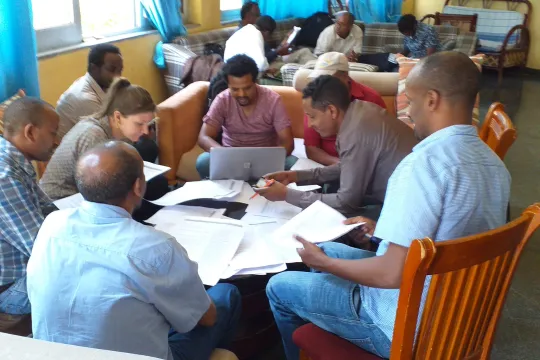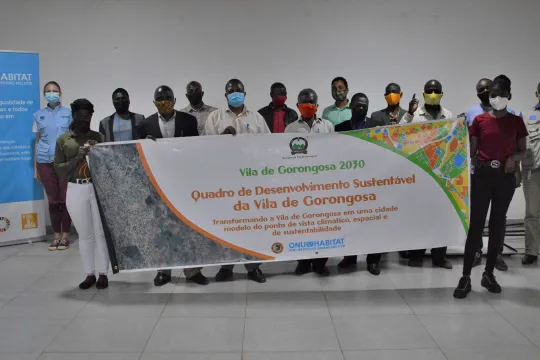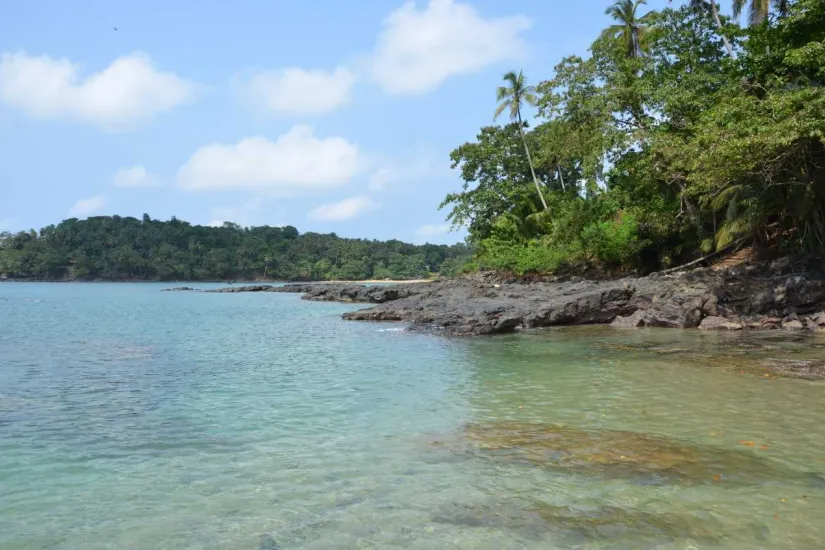
Introduction
The Plan Principe 2030 was developed on the initiative of the Government of the Autonomous Region of Principe with the support and collaboration of UN-Habitat and with funds from the United Nations Resident Coordinator. It aimed to update and complement previous regional development plans, to give more continuity to the work that had already been done.
The main objective was to provide guidance for a more inclusive, sustainable and resilient development. Some secondary goals included:
- Establishing a vision for Principe by 2030 which also focuses on the UN Agenda and SDGs.
- Identifying enabling factors for the implementation of priority projects.
- Defining an implementation strategy for the plan, including the necessary governance, financing and future monitoring.
Context and background
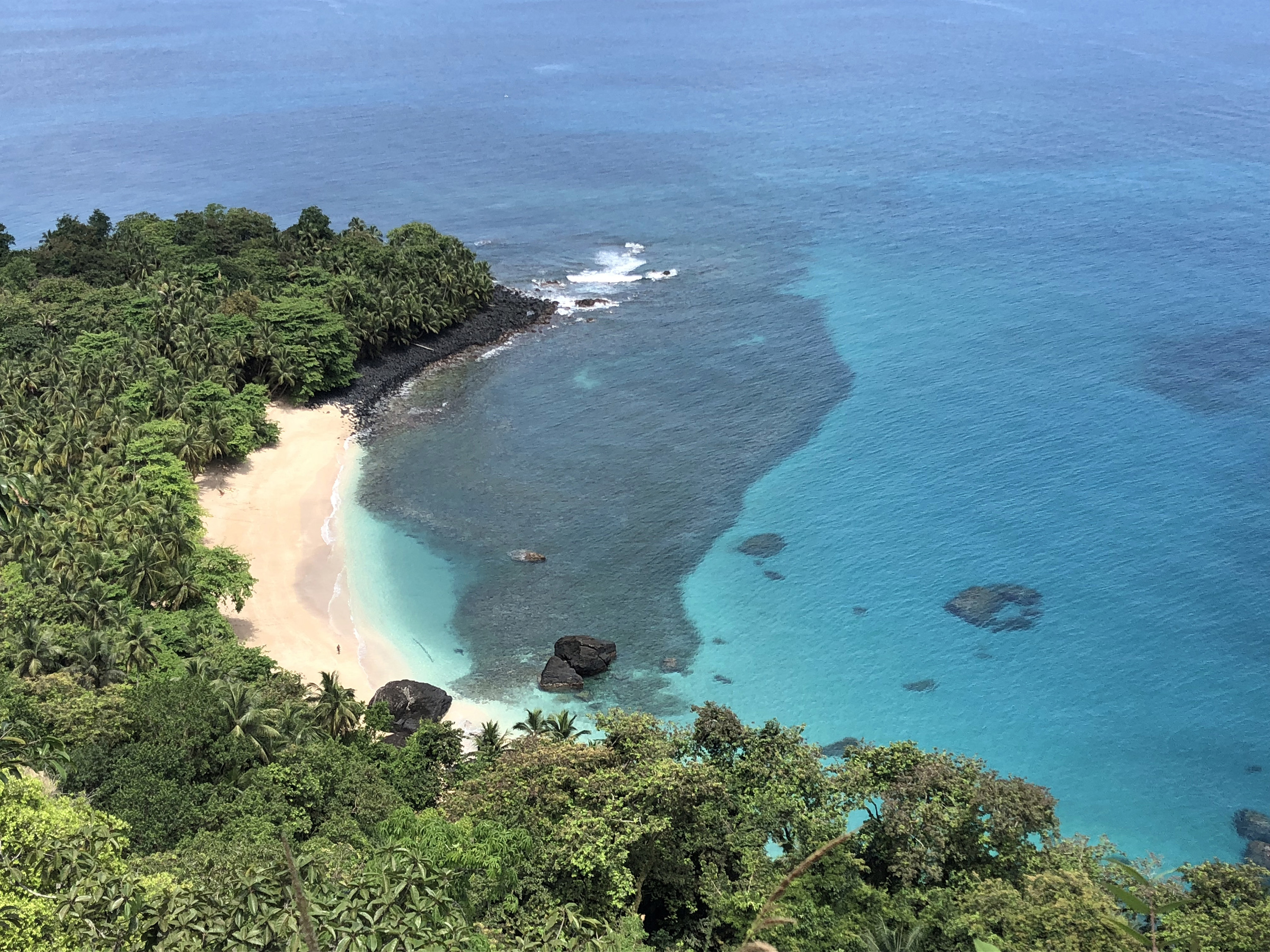
Principe Island is 142km² and is an autonomous region integral to the Democratic Republic of Sao Tome & Principe. Since July 12th 2012, the island has been classified by UNESCO as a World Biosphere Reserve.
There are at least 34 fixed communities scattered around the island, mostly rural or fishing. The city of Santo Antonio, Principe Island's Capital, has a young population of approximately 8,400 inhabitants, a polarising role, and concentrates the main public services and trade. Primary sector is the basis of the economy, especially fishing and hunting; the secondary sector is limited to the agro-food processing industry and the tertiary sector has gradually increased its participation in the economy, due to the construction of a number of hotels.
Nevertheless, most of the island’s population lives in inadequate housing conditions with poor access to basic services and few economic opportunities. In order to address this and while placing at the centre of their vision for sustainable development the harmony between man and nature, the people of Príncipe are coming together under the banner of the Príncipe 2030 plan.
Plan and process
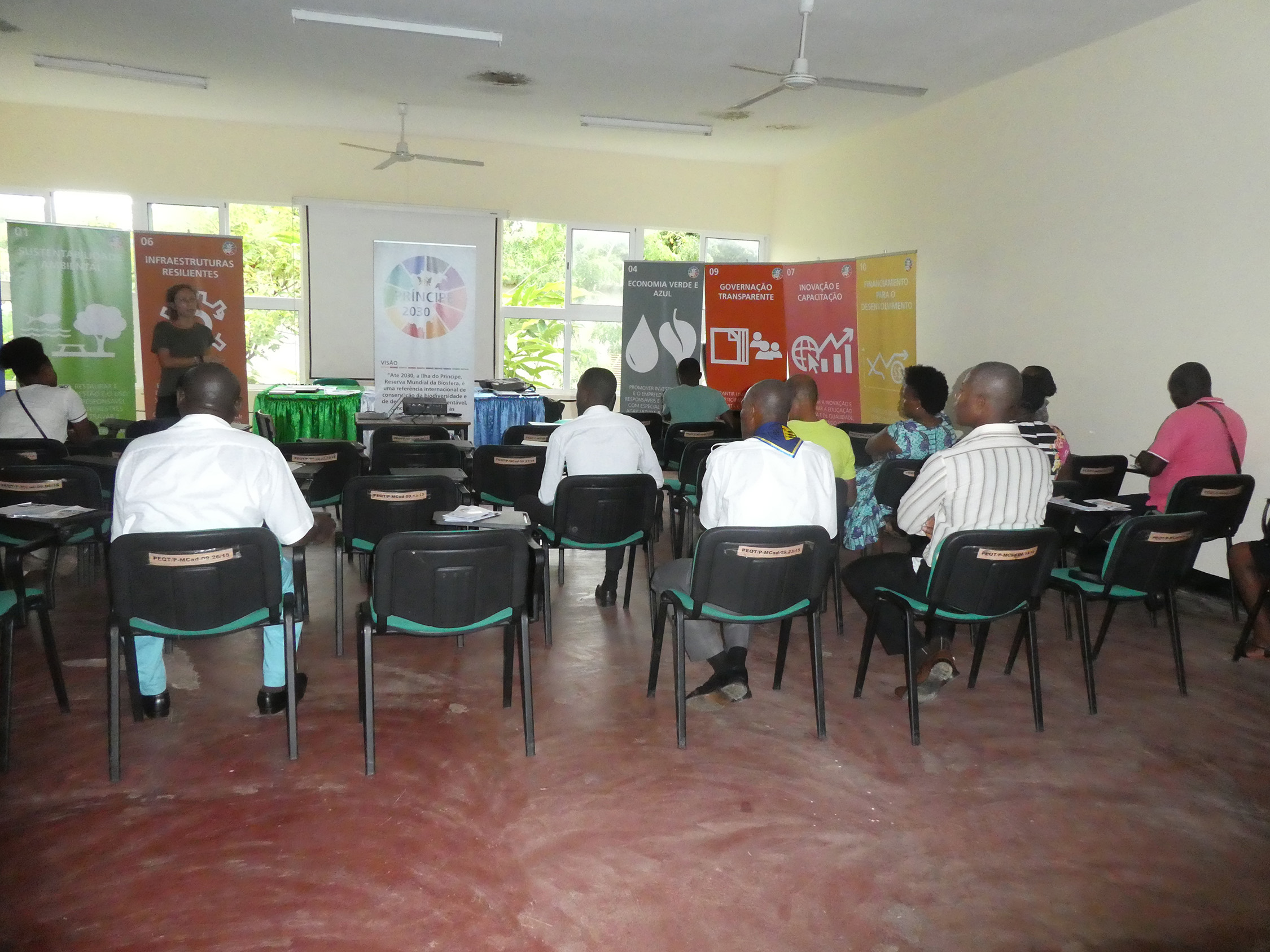
The proposals submitted by the project include environmental and climate protection as well as social support, and a commitment to the environmental implementation of infrastructure and connectivity. With the aim of offering a realistic perspective in accordance with the possibilities and capacities for local implementation, as well as responding to the constantly changing socio-economic and cultural dynamics, the plan should be implemented in an incremental manner. Every three years will be defined as the priorities for implementation, consolidated in a Priority Projects document covering the period in question. Príncipe 2030 uses a wide variety of tools for its implementation, promoting a meaningful participation of the most diverse governmental actors, the private sector and civil society, in order to better reflect both the problems faced on the Príncipe Island, and the possible solutions.
Resource for the development of Our City Plans
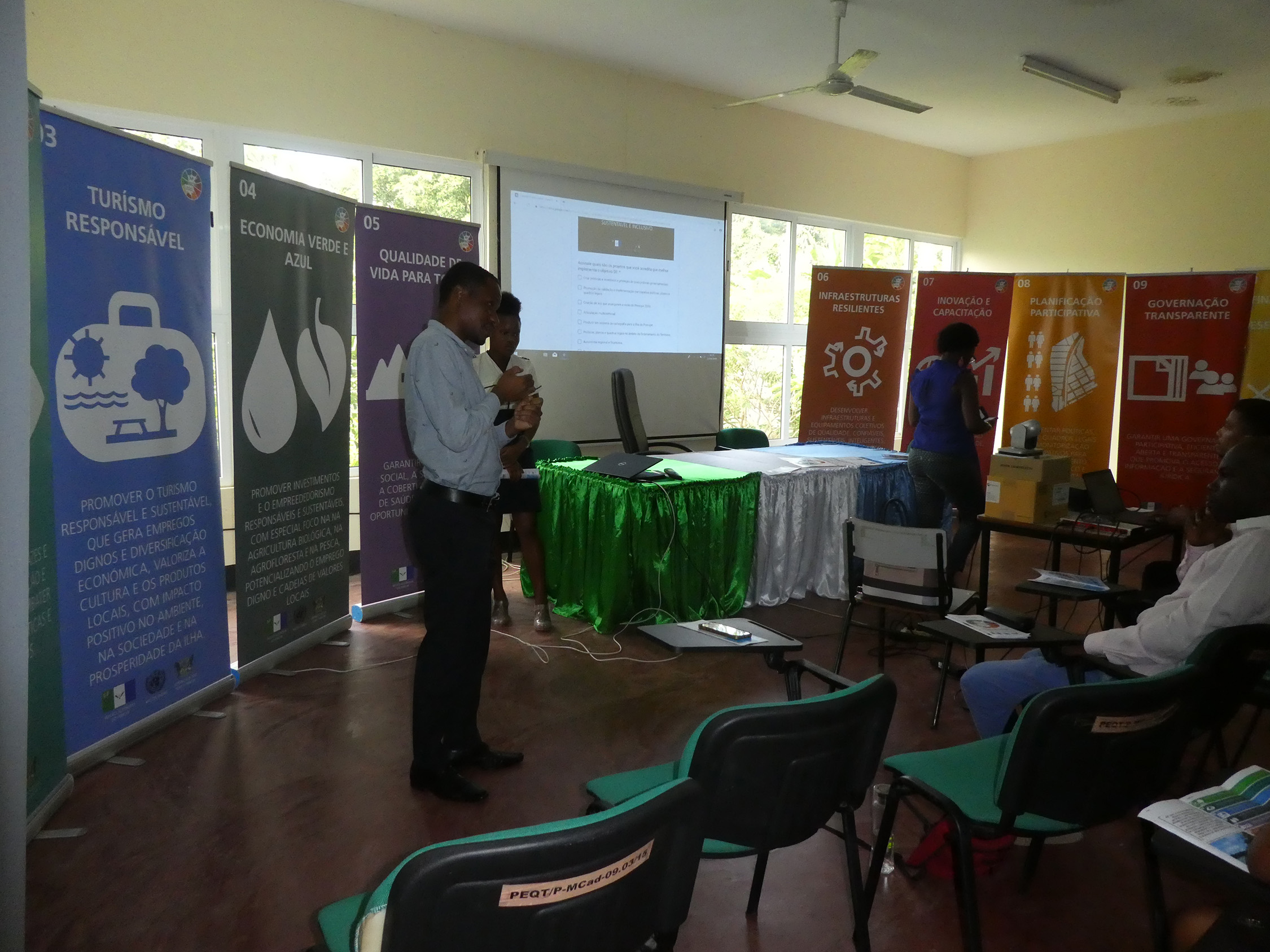
The methodology followed for the development of Principe 2030 has been valuable in terms of resourcefulness for Our City Plans. The road to Principe 2030 foresaw technical reviews, participatory activities and public hearings, all steps included in the OCP methodology.
It is important to highlight that the mentioned activities tried to involve as many actors from different sectors as possible. Active participation was the fulcrum of the process for the plan development.
Results
The collaboration with UN-Habitat took place between the years 2018 and 2019. Some highlights of the process carried out during this timeframe include: the Participatory Technical Workshop which kicked off the development process in November 2018. The outputs from the workshop and the technical review that followed were used as a base for the first Public Hearing in April 2019.
A second Technical Review was made, and the process was concluded with a second workshop and public hearing in August 2019.
Finally, in September 2019, Principe 2030 was legally approved by the Regional Assembly.
The final output includes a list of priority projects —linked to specific SDGs— that will be implemented in the long-term.
